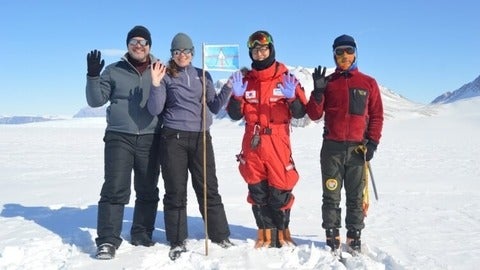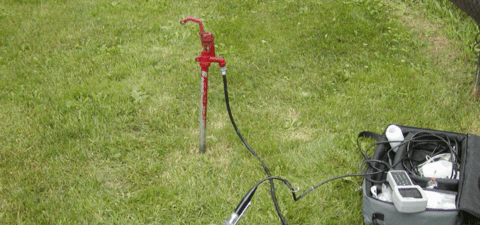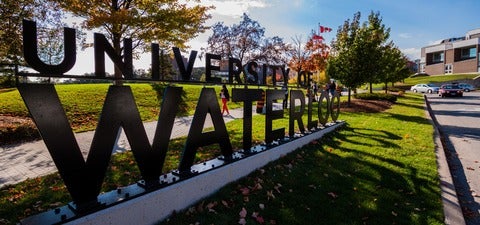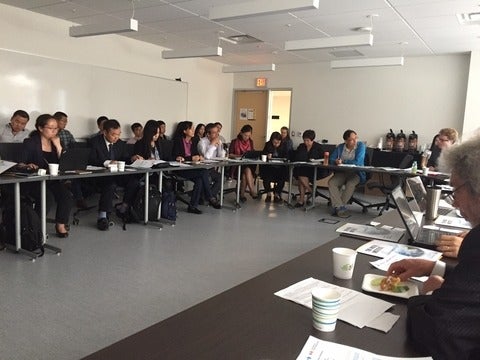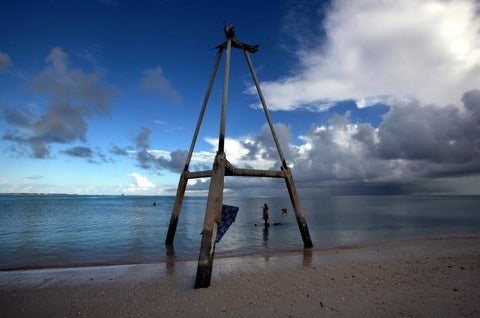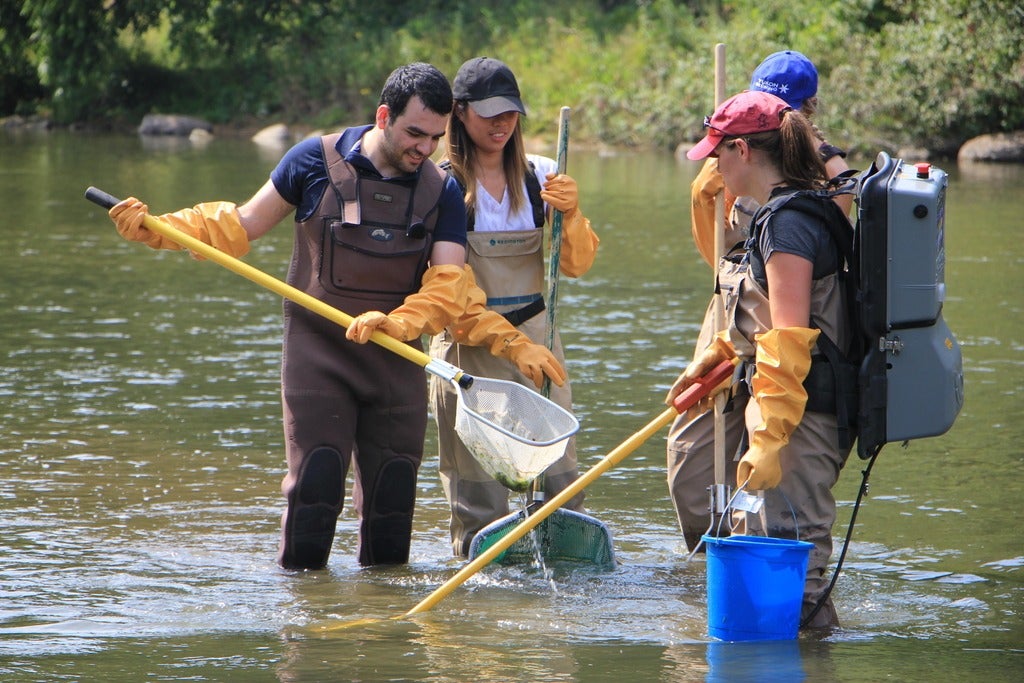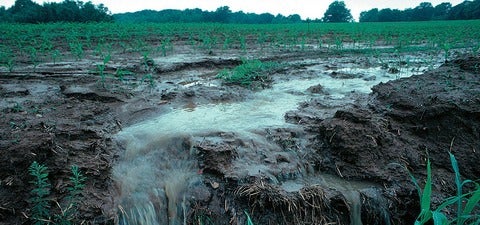Rebecca Rooney organizes workshop to help manage invasive species
Rebecca Rooney, Water Institute member and professor in the Department of Biology, studies wetlands ecology. Her work supports the implementation of invasive species management and the protection of species at risk. Currently, Rooney is exploring the interactions between invasive species and species at risk, especially Phragmites australis, which is considered one of the greatest dangers to coastal marshes.

